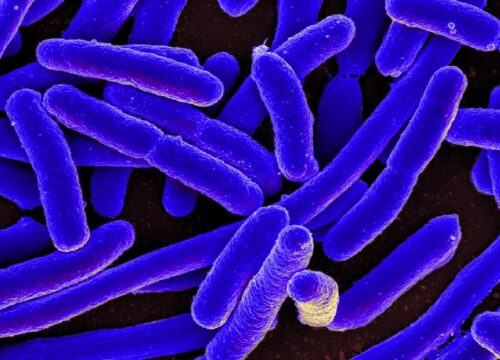Image Courtesy of Flickr.
After a long week of classes, many students find solace in streaming a movie or show with friends … and they are not the only ones. Surprisingly, some microorganisms can also relate.
Yale researchers Henry Mattingly, Keita Kamino, Benjamin Matcha, and Thierry Emonet discovered that similar to your laptop streaming a video, E. coli bacteria use information from their environment to guide their actions. This occurs through a process called chemotaxis, where bacteria navigate chemical gradients towards areas with more favorable environmental conditions.
Your internet connection limits how fast your laptop can stream, and the goal is to operate as close to those limits as possible. “We wanted to know [if] E. coli perform well by a similar metric…climbing gradients near the theoretical maximum speeds given the quality with which they can measure their surroundings,” Mattingly, a postdoctoral fellow in Emonet’s lab, said.
To navigate chemical gradients, cells must answer a crucial question: “Is the concentration of things I like increasing or decreasing?” If the concentration is increasing, cells should continue swimming in the same direction. If not, they should randomly choose a new direction to swim in. The researchers showed that E. coli bacteria do not need to answer this question correctly every time—only most of the time.
Then, by quantifying the precision of the cell’s measurement of its surroundings, they discovered that E. coli cells have a slow “internet connection:” it is difficult for them to know whether things are getting better or not. But the cells use this information efficiently to swim up chemical gradients at speeds close to the theoretical limits.
E. coli have a tiny bandwidth, but they’ve evolved to push the theoretical limit of what they can get from it. This provides support for a broader hypothesis: biological systems have evolved to efficiently use limited information to perform their functions.

